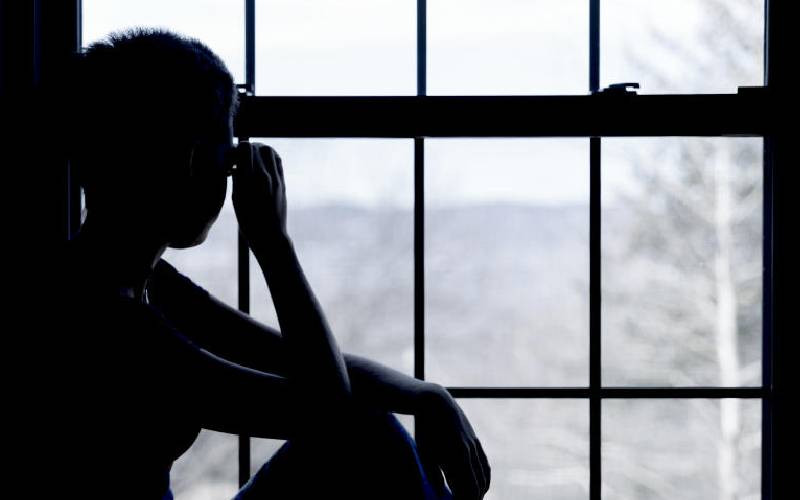×
The Standard e-Paper
Home To Bold Columnists

Two decades have gone by since the first case of HIV was reported in Kenya in 1984 and, to date, some people are still going through stigma and discrimination despite the amount of information about HIV that has been shared over the years.
This is evident from the data released by the Kenya Demographic and Health Survey 2022 indicating that 24 per cent of women and 17 per cent of men aged between 15 and 49 years have discriminating attitudes towards individuals with HIV.